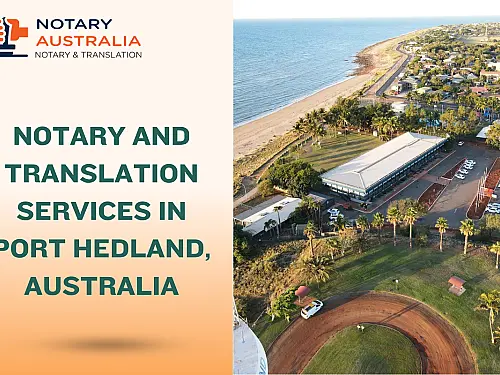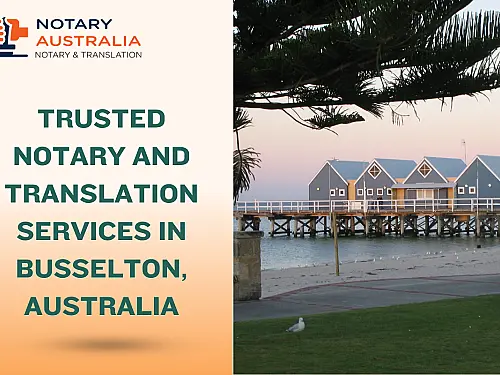



Why Your Business Needs Notarised Documents: Legal and Global Benefits

Table of Contents
When it comes to running a business—whether you're signing contracts, expanding internationally, or securing funding—legally valid documentation is everything. And that’s where notarisation comes in.
In Australia and across the globe, using a notary for business documents ensures that your corporate paperwork is not only legally enforceable but also accepted by institutions, governments, and partners both locally and internationally.
This guide covers everything you need to know about notarising business documents, including common use cases, legal requirements, and how to streamline the process for your company.
What Is Notarisation for Business Documents?
Notarisation is a legal process where a licensed notary public verifies the authenticity of a document or the identity and signature of the person signing it. In business, notarisation helps:
- Establish trust
- Meet legal compliance
- Prepare documents for international use
- Avoid fraud or disputes
From shareholder agreements to trade finance documents, notarisation ensures your business is protected at every stage.
When Should You Notarise Company Documents?
Situations That Call for Notarisation:
- Signing international business contracts
- Applying for trade finance
- Registering a new company
- Securing a business loan
- Executing a power of attorney
- Verifying shareholder resolutions
- Submitting documents to foreign governments or embassies
Notarisation gives your documents legal weight and ensures they’ll hold up under scrutiny—whether by a court, auditor, bank, or overseas partner.
Common Types of Notarised Business Documents
Here’s a breakdown of the most frequently notarised corporate documents:
| Document Type | Business Purpose |
|---|---|
| Commercial contracts | Enforceable business agreements |
| Shareholder agreements | Proof of equity structure |
| Power of attorney | Delegate authority across jurisdictions |
| Articles of incorporation | Validate company formation |
| Board resolutions | Authorize major business decisions |
| Business loan agreements | Secure financing terms |
| Trade documents (e.g. bill of lading) | Enable export/import processes |
| Intellectual property licenses | Protect brand, software, or patent rights |
| Financial statements | Confirm audited accounts or investor reports |
| Profit-sharing and NDA agreements | Secure confidentiality and revenue agreements |
Why Notarise Business Contracts?
Your contracts—especially those involving international clients, high-value transactions, or regulatory compliance—can benefit greatly from notarisation. Doing so helps:
- Prevent legal disputes
- Prove intent and identity
- Meet foreign document authentication standards
- Protect all parties involved
Whether you’re entering a partnership, acquiring assets, or formalising an MOU, a notarised contract provides legal assurance on both sides.
Notarisation for International Business Documents
If you're doing business globally, notarising your documents may be only the first step. Many countries also require:
Apostille
For countries that are part of the Hague Convention, a notarised document needs to be apostilled through DFAT (Department of Foreign Affairs and Trade).
Embassy Legalisation
For non-Hague countries, the document must go through embassy legalisation after notarisation.
Common Documents That Need International Notarisation:
- Export/import agreements
- Certificate of origin
- Bill of lading
- Sales contracts
- Corporate powers of attorney
Corporate Compliance: Legal Requirements for Notarisation
Certain business activities, especially those involving registration or compliance filings, require notarised documents by law. Examples include:
- Articles of incorporation
- Company bylaws
- Business name registration
- Lease agreements for commercial space
Failing to properly notarise these documents can delay approvals, trigger rejections, or invite legal risk.
Step-by-Step: How to Notarise Your Business Documents in Australia
1. Identify the Documents
Determine which business documents require notarisation. If for foreign use, confirm whether an apostille or legalisation is also needed.
2. Choose a Notary
Find a licensed notary public—many operate online or in-office. Make sure they specialise in business or commercial notarisation.
3. Present Original Documents
Bring (or upload) the original documents and proof of identity. The notary will review everything for accuracy and completeness.
4. Get the Document Notarised
The notary will sign, stamp, and seal the document, and may issue a certificate of notarisation.
5. Add Apostille or Embassy Legalisation (if required)
Submit the notarised document to DFAT or the relevant embassy for authentication.
Online Notarisation for Business Documents
Australia now allows online notarisation for many business documents. This is ideal for:
- Remote businesses
- Time-sensitive deals
- Clients outside major cities
Benefits of Online Notarisation:
- Same-day turnaround
- Secure digital signatures
- Video call ID verification
- Legally recognised by DFAT and embassies
Trade and Finance: Notarising Documents for Global Operations
In the world of export, import, and trade finance, notarisation adds an extra layer of security and compliance.
You may need to notarise:
- Invoice declarations
- Certificates of origin
- Customs documents
- Bills of lading
- Trade credit agreements
Working with international banks or suppliers? Get these notarised to ensure payment, delivery, and ownership terms are enforceable worldwide.
Lease Agreements, NDAs, and IP Licensing
For businesses leasing property or licensing intellectual property:
- A notarised lease agreement proves legal tenancy rights and avoids disputes.
- NDAs and IP licenses that are notarised carry more legal weight if challenged in court.
If you're entering a joint venture, licensing your technology, or opening a franchise, notarising your agreements could save thousands in legal fees down the road.
FAQs: Business Document Notarisation
Is notarisation legally required for all business documents?
No, but it is strongly recommended for contracts, international documents, and any high-value or legal-sensitive paperwork.
How much does it cost?
In Australia, business document notarisation ranges from $90 to $250, depending on complexity, urgency, and whether additional services like translation or apostille are needed.
Can I notarise documents online?
Yes. Many notaries now offer secure, DFAT-recognised online notarisation with digital certificates and video ID checks.
Final Thoughts: Protect Your Business with Professional Notarisation
Whether you're closing a deal, applying for a loan, registering your company, or exporting goods overseas, using a notary for business documents ensures your paperwork is legally binding, internationally recognised, and dispute-proof.
With online options and same-day services available, there's no reason to leave your business unprotected. Choose a professional notary service that understands the needs of modern enterprises and gives your documents the legal standing they deserve.

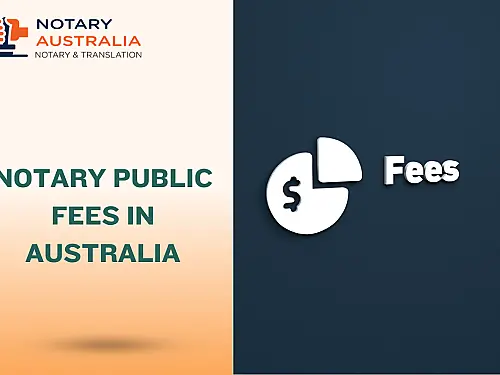

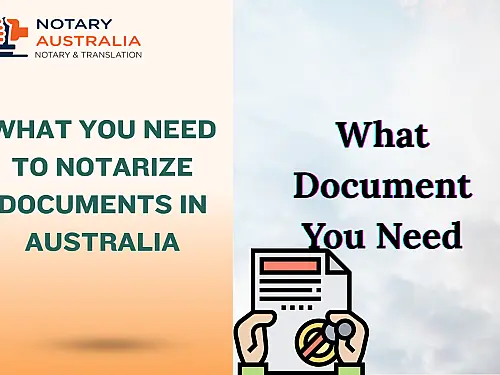
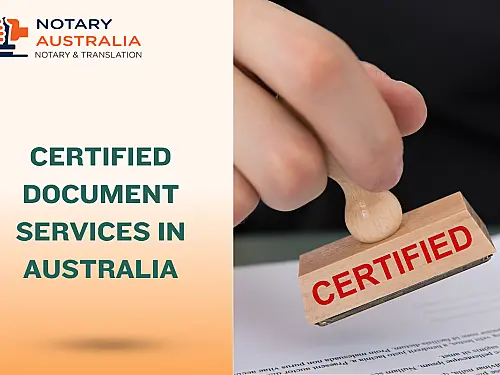
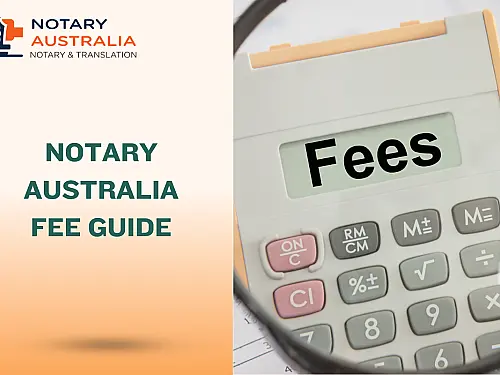

-thumb.webp)

